Technological innovation, globalisation and social modernisation have given rise to economic stability and population growth in some rural areas, while other regions face demographic and economic decline. The European Commission has proposed the development of a Long-Term Vision for Rural Areas. This Vision aims to provide a clear strategy, developed and devised in partnership with rural people for rural areas.
Supported by the European Network for Rural Development (ENRD), the process for developing the Vision strives for the inclusion of all interested voices. Responses highlight key challenges facing rural inhabitants, with poor infrastructure and the need for an improved transport system being a priority for most.
To develop the Vision, the ENRD convened a cross-section of key stakeholders to make up a Thematic Group, who contributed to a foresight exercise facilitated by the Joint Research Centre (JRC) of the European Commission.
RURAL VISION WEEK
The ENRD provided a forum for bringing together all the activities surrounding the process towards the Vision during their event ‘Rural Vision Week: Imagining the future of Europe’s rural areas’. Rural Vision Week was a clear example of online engagement, networking and inclusion, involving a large number of people across the EU. Furthermore, ‘OUR RURAL’ Marketplace, a smart virtual replica of a conference exhibition with video stalls and online material, provided an insight into the work of many National Rural Networks, Horizon 2020 Projects and other rural stakeholders linked to the future Vision.
The week allowed the voices of all those concerned with a rural vision to be heard; whether they were from small peripheral rural areas; the islands, in close proximity to urban centres, in position of power, farmers or the Local Action Group. The ENRD facilitated a forum, which gave a public voice to the Vision.
REALISING THE VISION

Realising our future Vision must start now and, while the EU Commission is in charge of putting the next step into words, by coming forward with a Communication, the implementation must be a collective process. It is imperative, therefore, to take all we have learned, from ‘greening our environment’ to ‘supporting innovative rural entrepreneurs’ and use collective, bottom-up action that builds community and individual capacity.
For more information click here.





